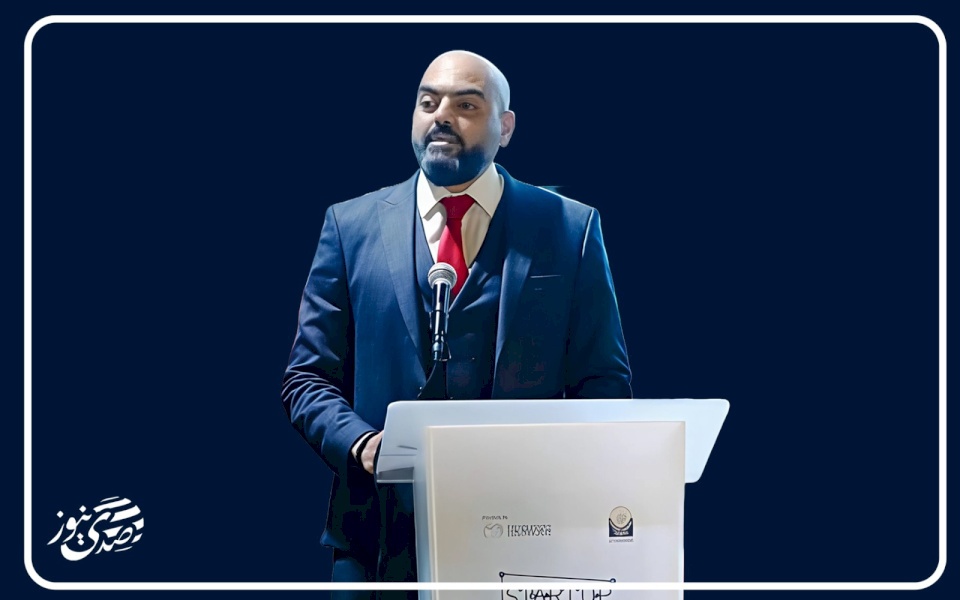
Gaza and the Impossible Occupation
The Israeli calls for the reoccupation of the Gaza Strip cannot be viewed as merely an impulsive reaction or a campaign slogan, but rather reflect a structural crisis in Israeli security thinking. Since the takeover of the Gaza Strip by Hamas in 2007, Gaza has turned into a continuous drain, whether through rockets or through the scene of popular resistance, culminating in the attack on October 7, 2023, which revealed the fragility of the Israeli defensive system both from within and without.
In the absence of an international system capable of imposing settlements or controlling behaviors, Israel relies on unilateral military force to protect itself. Thus, the project of reoccupying Gaza is presented as a "security necessity" to dismantle Hamas's structure and rebuild deterrence. However, this option, despite its military logic on paper, faces a series of complex challenges.
The Israeli army, despite its technological superiority, faces increasing exhaustion. Its heavy reliance on reserve forces, mostly civilians, has turned repeated operations into a psychological and social burden, reflected in rising rates of withdrawal and psychological disturbances among soldiers. The predicament grows more complicated as the army is also required to confront simultaneous fronts: Hezbollah in Lebanon, Iranian influence in Syria, escalating tensions in the West Bank, the rockets from Yemen, and the strategic conflict with Tehran. In this context, direct occupation of Gaza appears to be a project that drains Israeli capacities more than it grants stability.
Notably, the reservations do not come only from war opponents, but from within the military institution itself. Senior leaders, such as Chief of Staff Eyal Zamir, have indicated that direct occupation will consume vital resources and weaken the capacity for deterrence on other more dangerous fronts. For this reason, the "partial occupation" model has emerged, meaning controlling strategic axes and key crossings without being involved in managing civilian affairs. This approach may reduce direct costs, but it leaves security vacuums likely to turn into chaos and rearmament, suggesting that the threat will continue even if its forms change.
The historical experience between 1967 and 2005 serves as a stark reminder for Israel of the consequences of prolonged occupation. Despite complete military control at that time, Israel did not enjoy security; rather, it faced repeated uprisings and economic and political pressures that ultimately pushed Ariel Sharon to the decision to withdraw. Ignoring these lessons today, driven by right-wing ideological motives, reflects a disconnect from reality and pushes towards repeating past mistakes at a higher cost.
Diplomatically, any new escalation in Gaza places Israel before growing isolation. European countries such as France, Spain, and Ireland have hinted at steps toward recognizing the Palestinian state in direct response to the continuation of military operations. As the Western political cover diminishes and the Arab linkage between cooperation with Israel and advancing the two-state solution increases, Israel's margin for regional and international maneuvering shrinks.
Domestically, the Israeli scene is approaching the 2026 elections, which are likely to witness the end of Netanyahu's dominance. This means that any large military project may lack political continuity and could turn into a short-term electoral tool used in party conflict while Palestinians pay the price for internal calculations.
With all these military and political considerations, the humanitarian face remains the most prominent in Gaza. Millions of civilians today live under siege, bombardment, and destruction, with inadequate water, food, or medicine. Reoccupying the Strip would mean only reproducing tragedy in harsher forms, where children, women, and the elderly would be driven into a cycle of repeated displacement, and the humanitarian disaster would escalate to unprecedented levels. This reality renders any discourse about "security" or "deterrence" mere illusion, for true security is not built on the ruins of cities or the bodies of innocents but on just and comprehensive peace.
In conclusion, the project of reoccupying Gaza seems more like a risky adventure than a studied strategy. It places Israel between the illusion of restoring deterrence and the impossibility of imposing control over an inherently resistant environment. The most important question remains: How can a state impose its control over a land that historically rejects it, without being internally drained or externally isolated? The answer so far is ambiguous, but it is certain that its cost, if it exists, will be high and painful.

Huckabee's Statements Reveal the Falsehood of Trump's Peace and Reinforce Religious Confli...

Licensed Occupation by Law

Whoever Does Not Plant Hope, Plants Departure...

Between "Here is Jerusalem" and "Here is Gaza" ... The Voice of a Nation and the Steadfast...

While some count the boos, Palestinians count their martyrs.. Paradoxes of the internation...

When the Palestinian Issue is Reduced to Gaza Management

Legally Licensed Occupation

